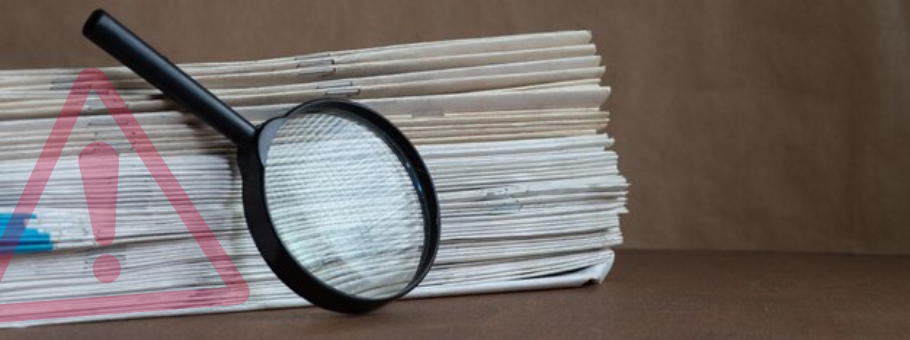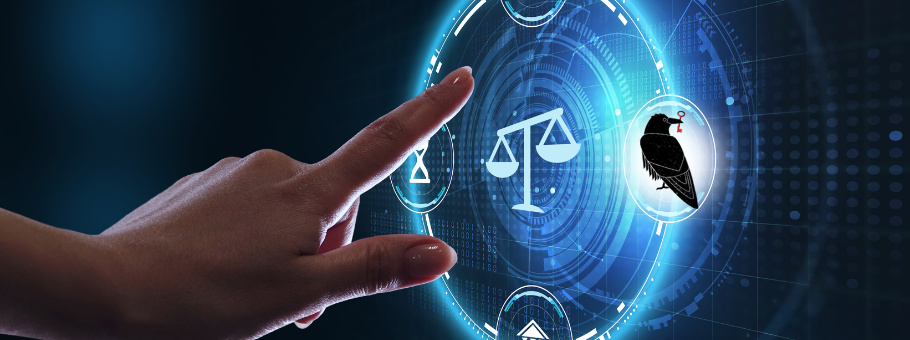The Effects of Corrupted Peer Reviews on Scientific Credibility

Recent retractions of papers due to the absence of rigorous peer reviews have recalled to the international research community the importance of ensuring research accuracy. After all, the goal of peer reviews is to determine the validity of the research, which would benefit science and consequently us all. But how did this scientific misconduct take shape? Why was the importance of peer review forgotten?
Peer review loses its importance when publishing more papers becomes more important than publishing better papers. For some researchers, making a name for themselves becomes the main goal in their career due to their ambitions or the obligation of meeting the requirements of their universities or research centers. In their effort to get as many papers published as possible, some opt to diminish the importance of peer review.
The Multiple Faces of Scientific Misconduct
There are several ways to get a paper published without subjecting it to a proper review. The real problem is that some editors (or even researchers) don’t really give peer review the importance it deserves and don’t follow a proper method when checking and proving the research validity. In some cases, editors even have an agenda or simply agree in advance to give a positive review. There have also been scandals of corruption, such as the one concerning Sage Publications, which retracted 60 papers from its Journal of Vibration and Control because they were not correctly reviewed up to the point that an author gave reviews to his own work using fake names.
Risks for All
Lack of precision, ambiguities, or mistakes in a research affect scientific credibility enormously. News travels fast, and the media keep an eye on academia and scientific research. Laxity and scandals related to peer review can not only affect scientific credibility but also result in economic consequences and in tarnishing the reputation of institutions.
Putting aside risks to institutions, there is also a risk for science. How many wrongly reviewed papers exist in literature today? How many times have they been read, downloaded, or cited? This academic misconduct can have enormous consequences and easily affect progress.
Solutions Rely on Good Manners
Science is important. Not many would deny this. Considering proofreading is an important part of research, efforts should be made to improve science self-correction mechanisms as well as to improve other research efforts. To ensure accuracy, academics should focus on current peer review weaknesses and give these the importance they deserve.
Universities, research centers, and publishing houses should improve their standard requirements for publication. How about starting by providing better status and rewards to those who edit and proofread? Until peer review is not considered an indispensable part of research, scientific misconduct could easily prevail over ethical—and more costly—manners.









